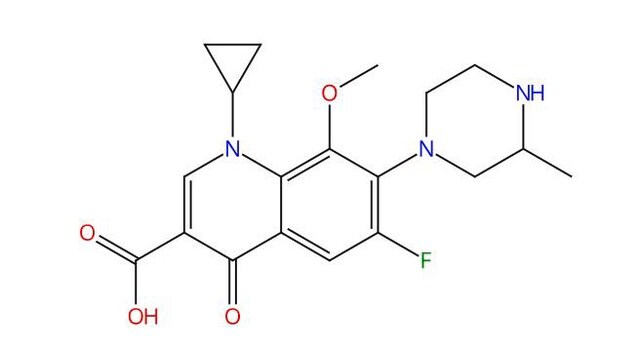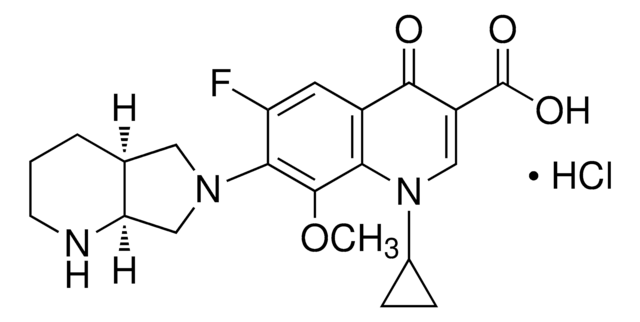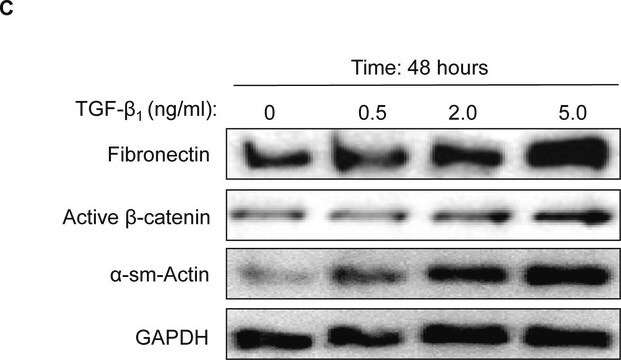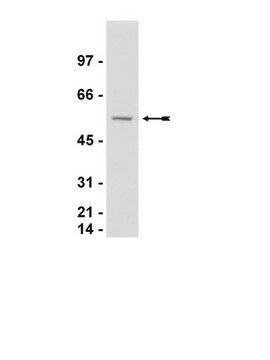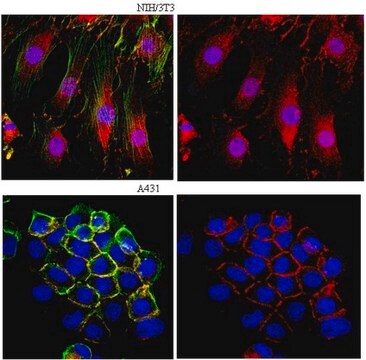PLA0230
Rabbit anti-Beta-catenin Antibody, Affinity Purified
Powered by Bethyl Laboratories, Inc.
Synonym(s):
88kDa, CTNNB, MRD19, armadillo, beta 1, beta 1 (88kD), beta-catenin, catenin (cadherin-associated protein)
About This Item
Recommended Products
biological source
rabbit
Quality Level
antibody form
affinity purified immunoglobulin
antibody product type
primary antibodies
grade
Powered by Bethyl Laboratories, Inc.
species reactivity
human, mouse
technique(s)
ChIP: 4-30 μg
immunohistochemistry: 1:100- 1:500
immunoprecipitation (IP): 2- 5 μg/mg
western blot: 1:2,000- 1:10,000
accession no.
NP_001895.1
application(s)
research pathology
shipped in
wet ice
storage temp.
2-8°C
target post-translational modification
unmodified
Gene Information
rabbit ... Beta-catenin(1499)
Immunogen
Physical form
Other Notes
Disclaimer
Not finding the right product?
Try our Product Selector Tool.
Storage Class Code
10 - Combustible liquids
Flash Point(F)
Not applicable
Flash Point(C)
Not applicable
Choose from one of the most recent versions:
Certificates of Analysis (COA)
Sorry, we don't have COAs for this product available online at this time.
If you need assistance, please contact Customer Support.
Already Own This Product?
Find documentation for the products that you have recently purchased in the Document Library.
Our team of scientists has experience in all areas of research including Life Science, Material Science, Chemical Synthesis, Chromatography, Analytical and many others.
Contact Technical Service